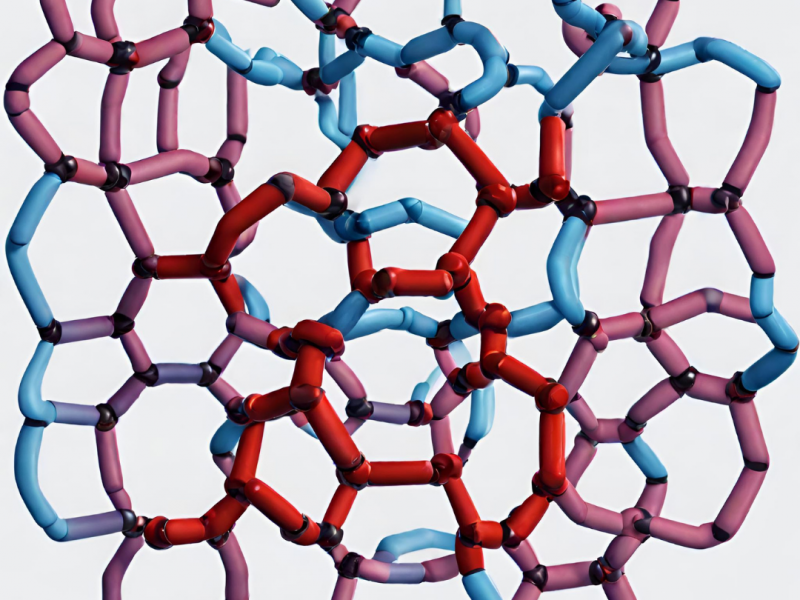Interlocked Molecular Rings for Ion Binding and Sensing

Project Summary:
Similar to a key chain in the macroscopic world, catenane is a class of mechanically interlocked molecules composed of interlocked, nanometer-sized rings at the molecular scale. Synthesis of catenanes, due to their non-trivial topology, is very challenging, and as such many of their potential applications are to be realized. In this project, catenane-based molecular receptors for ionic guests will be developed. The mechanical interlocking not only could enhance the ion binding selectivity and affinities, but also provide large-amplitude, guest-induced co-conformational changes for developing sensors, transporters, ion-controlled molecular switches and machines. For the values and importance of various cations (e.g. lithium in batteries, precious metals like silver…etc.) and anions (e.g. sulfate in nuclear waste, nitrate and phosphate in fertilizers), these new catenane-based receptors will find applications in the recycling, extraction and treatment of many different ionic natural resource and wastes.
Deliverables:
A written report and poster summarizing the research work will be produced.
Preferred discipline(s):
Chemistry
Project Essential Skills:
Basic skills in chemical synthesis
Other Selection Criteria (if any):
Good communication skills in English
Details of supervision arrangements:
Students will learn essential experimental skills in chemical synthesis, spectroscopic characterization and ion binding studies under the guidance of an experienced mentor in the research group. Mentors from the laboratory will also guidance to the participating student on the background of the topic of the research including the chemistry of mechanical bond, chemical synthesis and data interpretation. The student will also meet with the supervisor in a regular basis to discuss the research progress, and also participate in weekly group meeting to discuss and share research results. All the activities are conducted physically in a face-to-face mode.